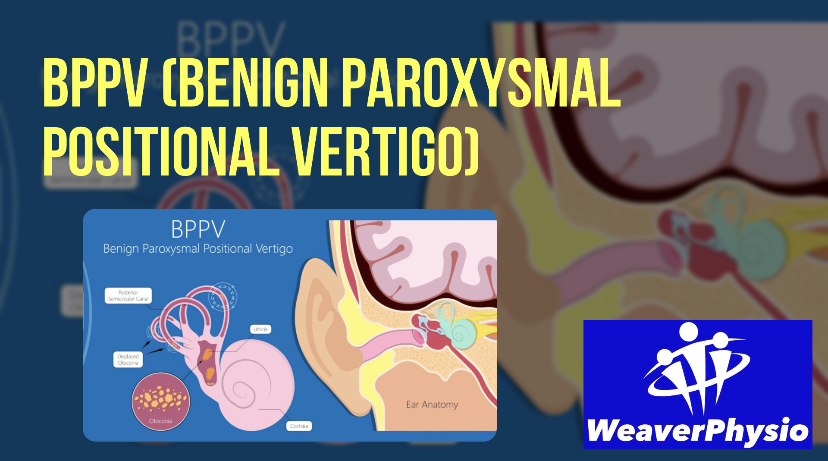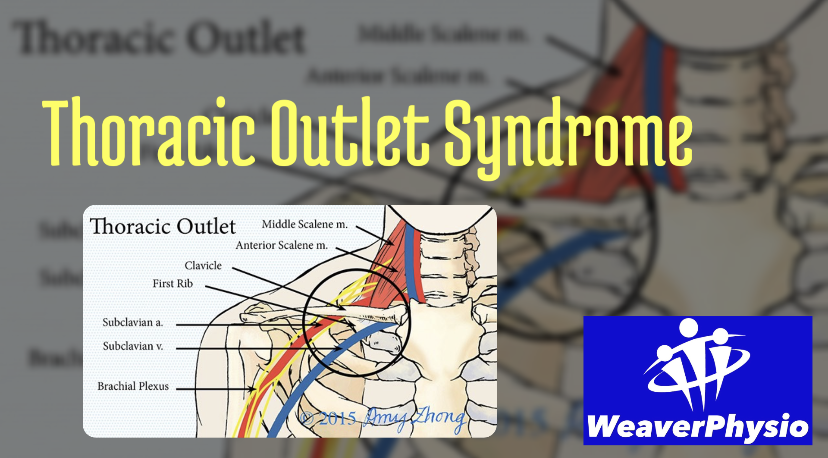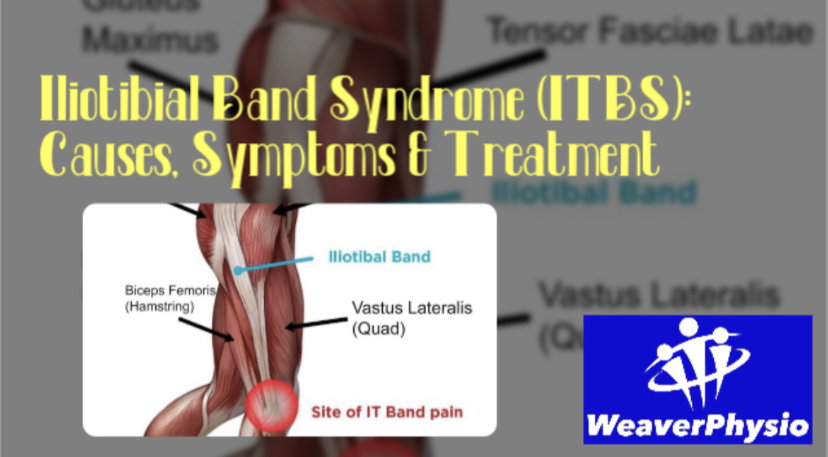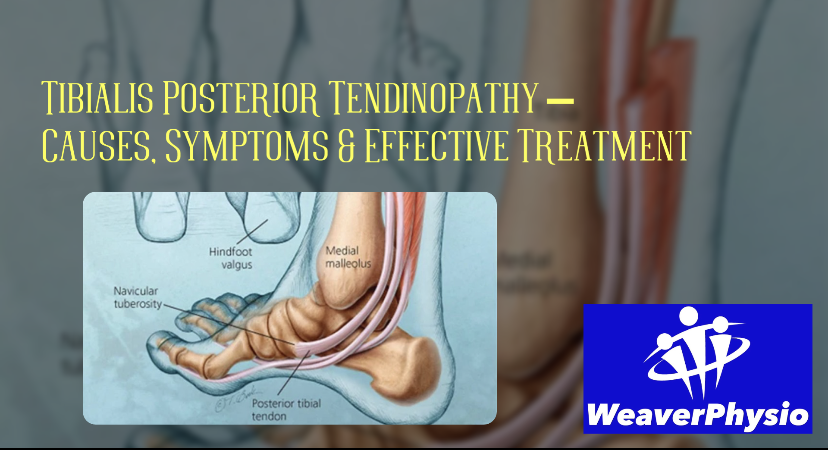Managing Stress
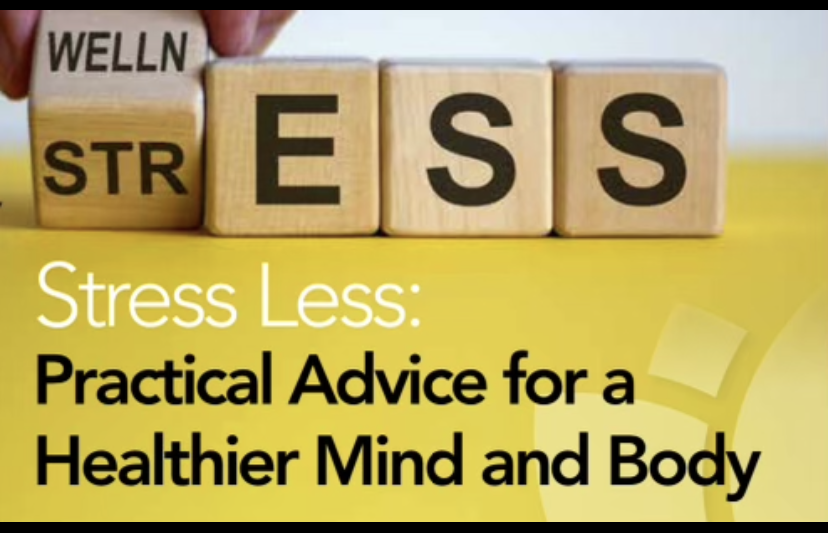
What is Stress
Stress is a physiological and psychological response to challenging situations or demands. When faced with stress, the body releases hormones such as adrenaline and cortisol, which activate the “fight or flight” response, preparing the body for action. This can lead to physical symptoms such as increased heart rate, blood pressure, and muscle tension. While this helpful at times, chronic stress can have negative effects on the immune system, cardiovascular system and digestive system, and may also lead to emotional symptoms such as anxiety, depression, and irritability.
Causes of Stress
When we think of the causes of stress we usually think about work-related issues, financial pressures, family or relationship worries, wars affecting our loved ones, health-related concerns or stress caused by major life changes. However there are also other less obvious causes of stress too, like the constant feed of bad news, the threat to the environment or more existential stresses, around the meaning of life, mortality, or purpose.
Recognising Stress
The signs and symptoms of stress can be physical, emotional, and behavioural. Physical symptoms may include headaches, muscle tension, fatigue, chest pain, and changes in appetite and sleep patterns. Emotional symptoms may include anxiety, irritability, depression, and feelings of being overwhelmed. Behavioural symptoms may include changes in eating and sleeping habits, decreased motivation, and increased use of alcohol or drugs. If left unaddressed, chronic stress can lead to serious health problems.
Coping with Stress
Stress management involves a variety of techniques that can help reduce stress and promote overall wellbeing. Here are some practical tips for managing stress:
*Relaxation techniques: Deep breathing exercises, massage and meditation can help reduce stress levels.
*Mindfulness: This involves being present and aware of your thoughts and feelings without judgment. Practicing mindfulness can help reduce stress and improve exercise, and adequate sleep are key mental clarity.
*Exercise: Regular exercise can help reduce stress by releasing endorphins, which are natural mood-boosting chemicals. Try to incorporate physical activity into your daily routine, such as going for a walk or practicing yoga.
*Positive self-talk: Replace negative self-talk with positive affirmations to help reduce stress and improve self-esteem. Focus on positive aspects of yourself and your life, and avoid dwelling on negative thoughts.
*Time management: Create a schedule and prioritise tasks to help reduce stress from feeling overwhelmed. Set achievable goals and break larger tasks into smaller ones.
*Social support: Connect with family and friends and seek their support when feeling stressed. Consider joining a support group or speaking with a therapist.
*Healthy habits: Maintain a healthy lifestyle by eating a balanced diet, getting enough sleep, and limiting alcohol and caffeine intake.
Remember that managing stress is an ongoing process, and what works for
one person may not work for another. Experiment with different techniques until you find what works best for you.
Importance of Maintaining a Healthy Lifestyle
Lifestyle plays a crucial role in reducing stress levels. A healthy diet, regular
exercise, and adequate sleep are key components of a healthy lifestyle and can help reduce the physical and emotional effects of stress.
1. A healthy diet provides the body with the nutrients it needs to function properly, which can help reduce stress levels. Eating a balanced diet that includes fruits, vegetables, whole grains, lean protein, and healthy fats can help stabilize blood sugar levels, which can reduce feelings of irritability and fatigue that are often associated with stress.
2. Regular exercise can also help reduce stress levels. Exercise releases endorphins, which are natural mood- boosting chemicals that can help reduce feelings of anxiety and depression. Exercise can also help reduce muscle tension and improve sleep quality, both of which can help reduce stress levels.
3. Finally, adequate sleep is essential for reducing stress levels. Sleep allows the body to rest and recharge, and lack of sleep can increase feelings of stress and anxiety. Aim for 7-8 hours of sleep per night and establish a consistent sleep schedule to promote good sleep hygiene.
IN SUMMARY
Recognising the signs and symptoms of stress, is crucial to addressing it. Stress management techniques include relaxation techniques, mindfulness, exercise, positive self-talk, time management, social support, and healthy habits. Maintaining a healthy lifestyle through a balanced diet, regular exercise, and adequate sleep can also help reduce the physical and emotional effects of stress.



